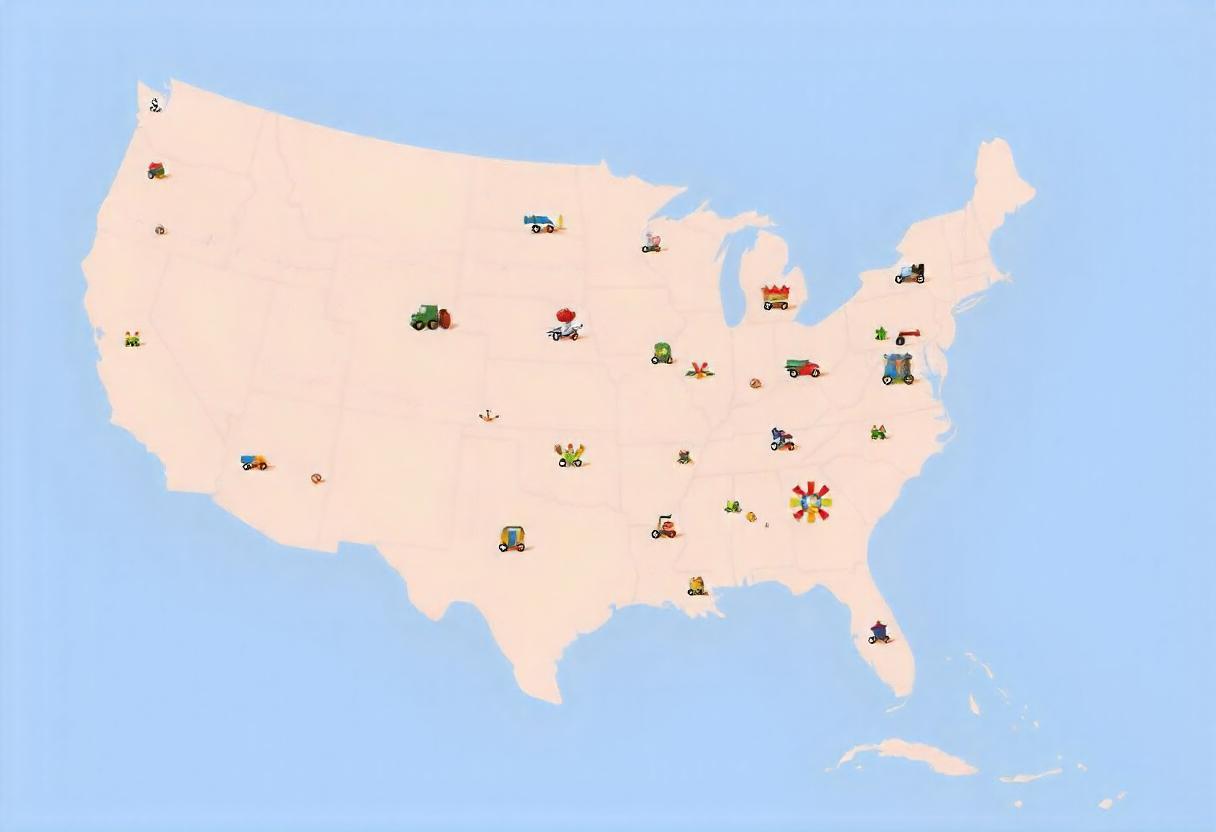
Mechanization in agriculture refers to the use of machinery to increase productivity, efficiency, and reduce manual labor on farms. Farm equipment plays a crucial role in this process, revolutionizing how agricultural tasks are performed. From planting and harvesting to irrigation and soil preparation, modern farm equipment has significantly enhanced farming practices.
The Role of Mechanization in Modern Agriculture
Mechanization in agriculture involves integrating various types of machinery into farming practices to improve efficiency and output. This shift from manual labor to mechanized processes has transformed farming operations by reducing the time and effort required for various tasks. Key benefits of mechanization include increased productivity, reduced labor costs, and the ability to handle larger fields with greater precision.
Types of Farm Equipment
Tractors
Tractors are the backbone of modern mechanized farming. They provide the power needed to operate a range of other farm equipment, including plows, harrows, and seeders. Tractors come in various sizes and configurations, designed to handle different tasks and terrains.
Plows and Harrows
Plows and harrows are essential for soil preparation. Plows break up and turn the soil, while harrows further refine the soil to create a suitable seedbed. These tools help in incorporating organic matter and improving soil structure, which is crucial for healthy crop growth.
Seeders and Planters
Seeders and planters automate the process of sowing seeds, ensuring uniform distribution and optimal planting depth. This equipment can be adjusted to accommodate different seed types and planting patterns, increasing planting efficiency and accuracy.
Harvesters
Harvesters are specialized machines designed to gather crops efficiently. Depending on the crop, there are various types of harvesters, including combine harvesters for grains and forage harvesters for silage. These machines streamline the harvesting process, reducing labor and minimizing crop losses.
Irrigation Systems
Modern irrigation systems, such as drip and sprinkler systems, provide precise water delivery to crops. These systems are crucial for maintaining optimal soil moisture levels, especially in regions with limited rainfall. Mechanized irrigation helps in conserving water and improving crop yields.
Advancements in Farm Equipment Technology
Advancements in technology have led to the development of more sophisticated farm equipment. Features such as GPS-guided tractors, autonomous machines, and precision agriculture tools are enhancing farming practices. These technologies enable farmers to make data-driven decisions, optimize resource use, and improve overall efficiency.
Economic Impact of Mechanization
The economic impact of mechanization is significant. While the initial investment in farm equipment can be high, the long-term benefits include increased crop yields, reduced labor costs, and enhanced operational efficiency. Mechanization helps farms scale operations and compete in the global market by improving productivity and profitability.